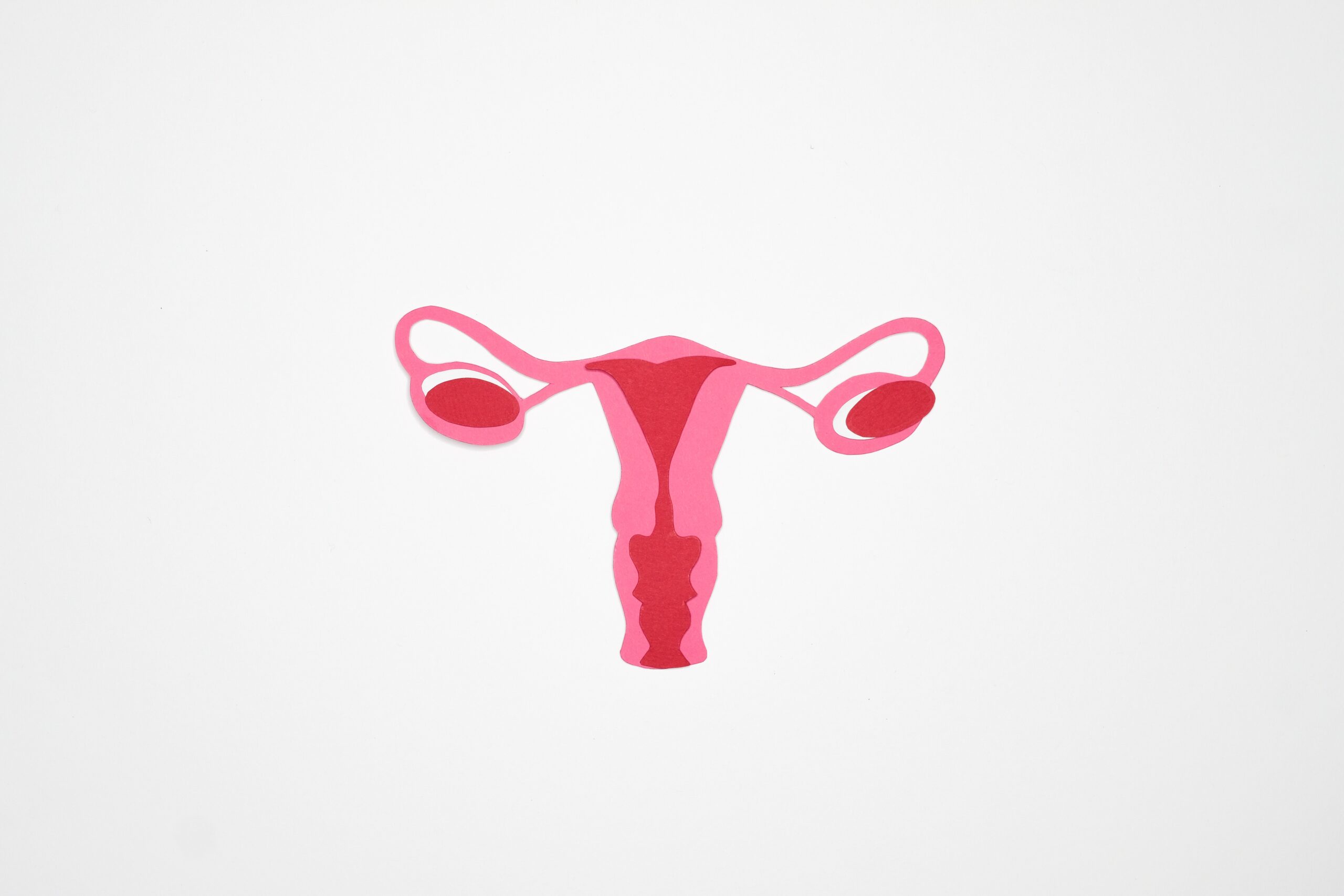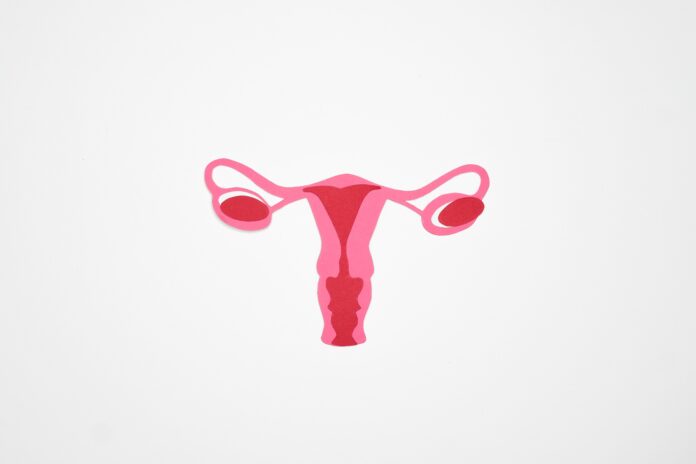By Doris Kathia
Thirteen years ago, Kenya marked a significant milestone in its democratic journey with the promulgation of a new constitution in 2010. This historic event ushered in a new era of hope, progress, and accountability for the nation.
27th August Kenya celebrated the 13th anniversary of its new constitution, it is important to reflect upon the gains that have been achieved since its implementation.
One of the primary goals of the 2010 constitution was to strengthen governance and democracy in Kenya. The constitution introduced a comprehensive framework for the separation of powers, ensuring checks and balances among the three arms of government: the executive, legislature, and judiciary. This separation has fostered greater accountability and transparency, resulting in a more robust democratic system.
The new constitution also established independent constitutional commissions, such as the Independent Electoral and Boundaries Commission (IEBC) and the Judicial Service Commission (JSC). These commissions have played a crucial role in safeguarding the integrity of elections and ensuring the independence of the judiciary, respectively.
The 2010 constitution placed a strong emphasis on human rights, guaranteeing fundamental freedoms and protections for all Kenyan citizens. The constitution has enabled advance access to sexual and reproductive health. For instance, Article 26 (4) of the Constitution allows women to access safe abortion when their life and health are in danger including in emergency situations.
This has been reaffirmed several times including in the case of JMM versus the Attorney General. It enshrined a comprehensive Bill of Rights that safeguards civil, political, economic, social, and cultural rights. The constitutional provisions have empowered individuals and communities to assert their rights and seek redress in cases of violations.
The Constitution has been instrumental in advancing gender equality and women’s rights. It introduced the principle of gender equity, necessitating that no more than two-thirds of any elected or appointed body be of the same gender. This provision has spurred increased representation of women in political and public offices, enabling their participation in decision-making processes at all levels.
Arguably one of the most transformative aspects of the 2010 constitution was the establishment of a devolved system of government. It decentralized power and resources, devolving significant responsibilities to 47 county governments across Kenya. Devolution has brought governance closer to the people, allowing for the prioritization of local needs and improved service delivery.
County governments have been granted autonomy in decision-making and resource allocation, leading to increased citizen participation and empowerment. Devolution has resulted in equitable distribution of resources, enhanced infrastructure development, and improved access to essential services such as healthcare and education in previously marginalized regions.

The constitution includes provisions to protect the rights of vulnerable groups, such as children, persons with disabilities, and the elderly. It prohibits discrimination based on various grounds and promotes inclusivity, ensuring that all Kenyans can enjoy their rights and participate fully in society.
The new constitution has been crucial in strengthening the rule of law and promoting judicial independence. The establishment of the Supreme Court as the highest court in the land, alongside the Court of Appeal and High Court, has bolstered the judicial system’s capacity to dispense justice effectively.
Furthermore, the constitution introduced measures to combat corruption and promote accountability. Institutions such as the Ethics and Anti-Corruption Commission (EACC) and the Office of the Director of Public Prosecutions (ODPP) were established to investigate and prosecute corruption cases. These efforts have led to heightened scrutiny of public officials and a more proactive approach to eradicating corruption from Kenyan society.
While significant gains have been made, challenges remain in fully implementing and realizing the Constitution’s objectives. Some constitutional provisions require further legislation and policy frameworks for effective implementation. The fight against corruption and the promotion of good governance need continued efforts and commitment from all stakeholders.
As Kenya celebrates the 13th anniversary of its new constitution, it is a time to reflect on the progress made and recommit to the principles and values enshrined in the constitution. It is an opportunity to address the remaining challenges and ensure that the gains achieved are sustained and expanded upon.
The new constitution has laid a solid foundation for a more inclusive, democratic, and prosperous Kenya. It is the collective responsibility of all Kenyans to uphold and protect the constitution, ensuring that its promises are fulfilled for the benefit of present and future generations.
Ms. Kathia, a communications specialist, is a Sexual and Reproductive Health and rights and Youth Advocate at NAYA Kenya. doriskathia@gmail.com














